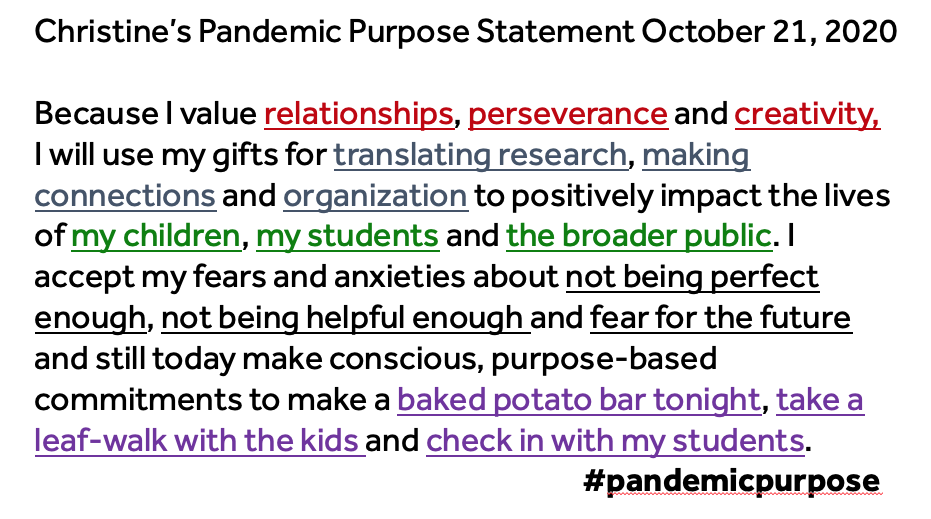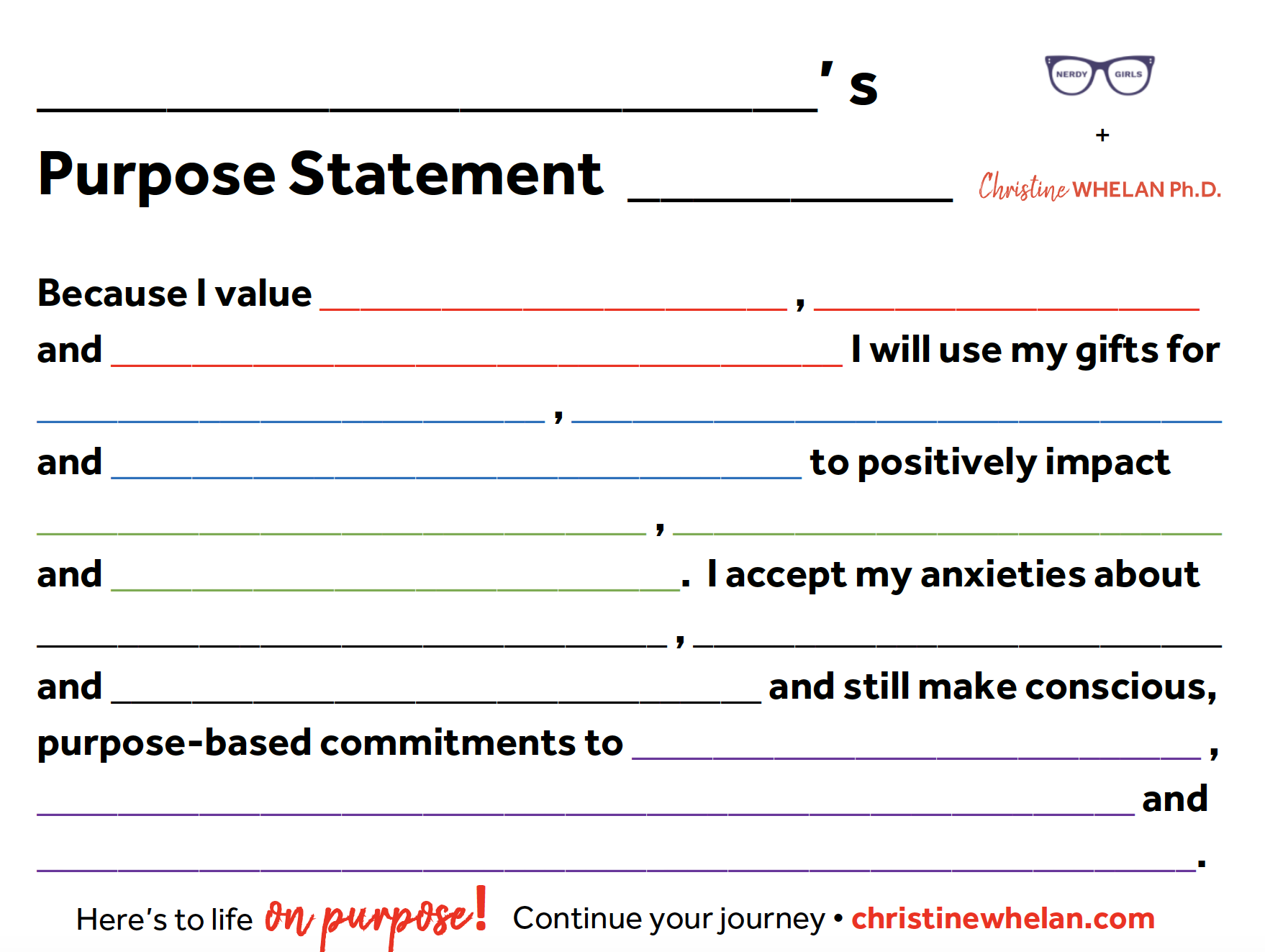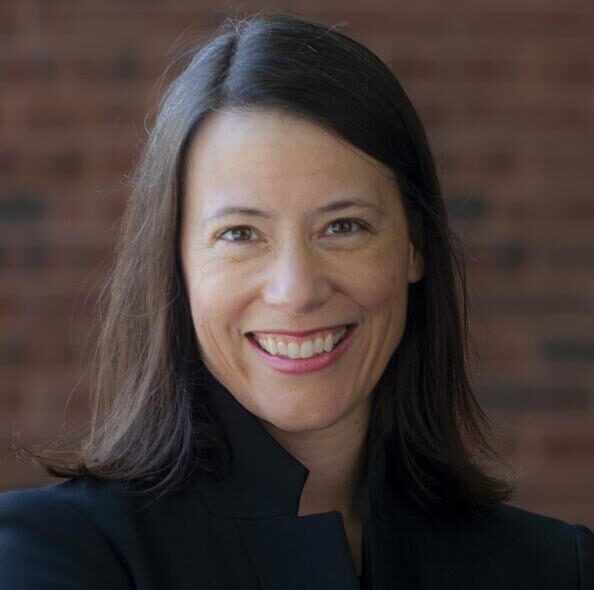A: Welcome to the paradoxical feeling of acedia – an old word used to describe that very now feeling of apathetic restlessness. Good news: There are evidence-based ways to fight back.
Background:
Early Christian monks called acedia the “noonday demon” – the tough feelings you feel where you are alone, feeling listless and wonder why the day is dragging on forever. Modern author and poet Kathleen Norris describes acedia as a feeling of restlessness, seeing the future as overwhelming and seeing the work ahead as never-ending.
Do you miss hanging out with people, yet cringe at the prospect of yet another Zoom happy hour? Acedia is a likely culprit – as its paradoxes emerge from the rocky soil of social isolation. Cloistered monks were alone, and so are we (at least more often than we are used to). Acedia can be manifested by not caring about your appearance (hi, sweatpants), your relationships (hi, hours on your phone instead of connecting with your partner IRL) or your work (hi, checking Insta while on that never-ending Teams meeting) and while it’s linked to depression, it’s really more about lack of purpose.
So: What to do?
1) Name it.
Research finds that when we recognize an emotion, it is easier to regulate. Having an agreed-upon name for a feeling also helps us because we are able to talk about it, reduce the stigma and get support.
2) Accept it.
Acedia is a normal feeling right now. This pandemic has been dragging on, and it seems like there’s a lot more tough stuff to come. You’re not lazy, you are human. Nerdy Girls Aparna and Lindsey had a chance to discuss this very topic with social worker and Project Village founder Lauren Ross last week during a wellness Q&A (link below). The three of us all stressed the importance of **community** and knowing that YOU ARE NOT ALONE.
3) Integrate it.
Feeling purposeless isn’t an awesome feeling, but it can be a wake-up call to check in with yourself about what really matters. Try creating what University of Wisconsin-Madison lifestyle expert (and Nerdy-Girl-in-Spirit!) Dr. Christine Whelan calls a “Pandemic Purpose Statement” (download your copy using this link) to help you structure your day so that you use your gifts, in keeping with your values, to make a positive impact on the lives of others (link below). Yes, there are going to be fears and anxieties that get in the way of actually following through on the meaningful goals you set for yourself, but this exercise has helped thousands of people focus on the good stuff. Oh, and those goals don’t have to be huge. Post your own in the comments, too, as a public commitment to purpose!
Dr. Whelan graciously created a purpose statement tool (download your copy using this link) for our Dear Pandemic community (HUGEST thanks to her).
Bottom-line: It’s normal to feel anxious-bored these days. Plugging into your purpose can help, and completing a purpose statement is a productive first step.
References:
Defining and characterizing acedia (with monk references!)
Naming an emotion helps regulate it
Links for Dr. Whelan’s purpose statement and a short video explaining how the exercise works




